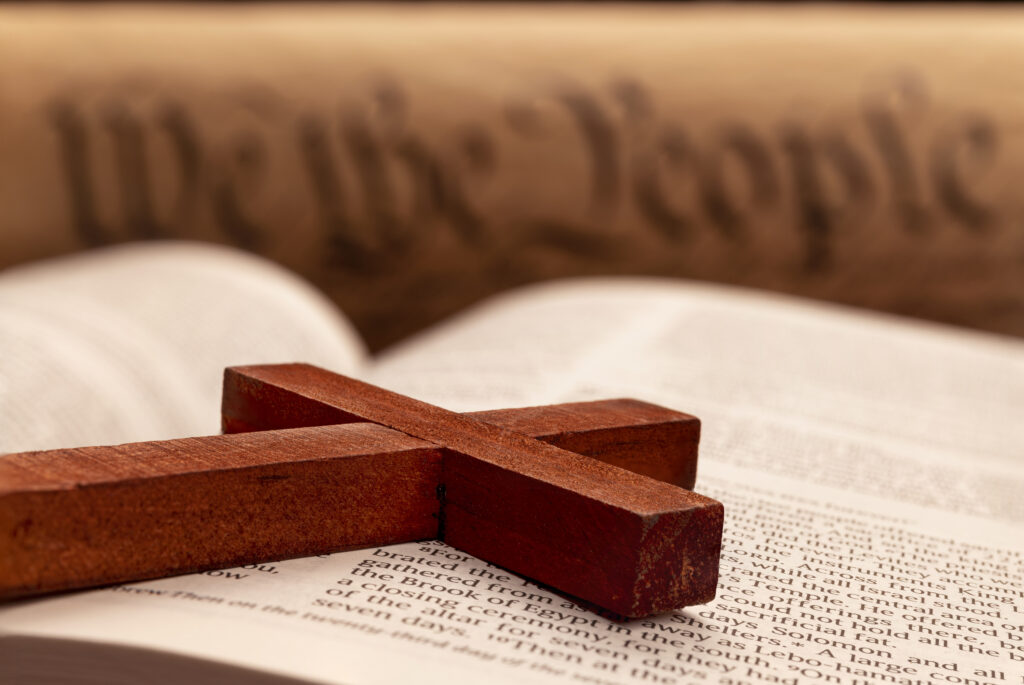Employment Law Report
SCOTUS Alters First Amendment Religious “Endorsement” Test

By: Jordan M. White
Late last month, the Supreme Court issued its decision in Kennedy v. Bremerton School District, — S.Ct. —, 2022 WL 2295034 (June 27, 2022), overturning precedent and fundamentally altering the applicable test when analyzing the interplay of a governmental employee’s First Amendment right to religious expression and the prohibition on governmental “endorsement” of religion. Anthony Kennedy, a public high school football coach, was suspended by the Bremerton School District for leading post-game prayers, involving players, coaches, and fans, because the District believed Kennedy’s prayers might be coercing student participation.
In Kennedy, the courts were charged with determining whether Kennedy’s post-game prayers were protected religious activity under the Free Speech and Free Exercise clauses of the First Amendment. The Ninth Circuit found in favor of the District and upheld the suspension, determining that a reasonable observer would consider the prayers to be government action endorsing religion. The Ninth Circuit’s analysis was rooted heavily in the well-known “Lemon” test set forth by the Supreme Court in Lemon v. Kurtzman, 403 U.S. 602 (1971). The Supreme Court disagreed, however, holding that the Ninth Circuit’s “endorsement” analysis was incorrect. The 6-3 decision in favor of Kennedy held that questions about a government employee’s First Amendment rights “must be interpreted by reference to historical practices and understandings,” not the Lemon test. The Court went so far as to expressly “abandon[ing] Lemon and its endorsement test.”
Kennedy, and its new test, only applies to public employers. Under Title VII and the Kentucky Civil Rights Act, private employers are prohibited from taking adverse employment action against an employee because of their sincerely held religious beliefs. Private employees are also entitled to request reasonable accommodations for religious reasons, which should be given prior to adverse action unless it would create an undue hardship on the employer.
Public employers should consider the new legal standard set forth in Kennedy when analyzing an employee’s expression of religion in the workplace, as Kennedy seemingly provides more protections—i.e., is the action historically considered an establishment of religion—than the traditional Lemon test.